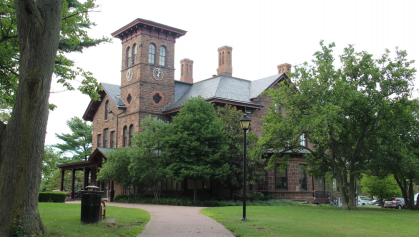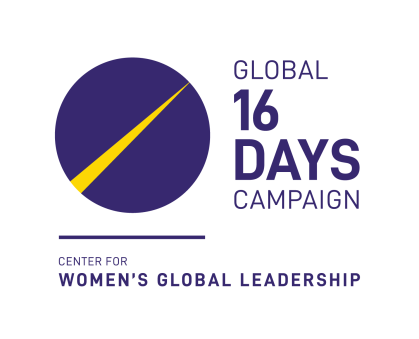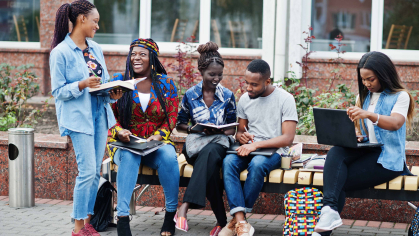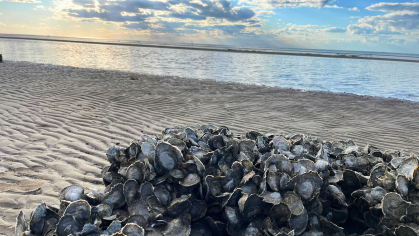Douglass Residential College Partners With Center for Women’s Global Leadership to Promote Equality
Douglass Residential College at Rutgers University-New Brunswick is partnering with Rutgers’ Center for Women’s Global Leadership (CWGL) in an international campaign against gender-based violence.

“Gender inequality is pervasive in the United States and around the globe,” said Douglass Residential College dean Jacquelyn Litt. “Douglass’ new partnership with the Center for Women’s Global Leadership brings advocacy, scholarly learning and activism on inequality together into a one-of-a-kind in the nation learning experience for students. Douglass students are passionate about combating the challenges and identifying the resilience of women, girls and LGBTQ+ people, both here and throughout the world. Our new partnership positions students to receive the best education to meet their goals.”
The partnership allows Douglass students to intern with CWGL’s Global 16 Days Campaign to raise awareness of gender-based violence. Now in its 31st year, the campaign is focusing on “Domestic Violence and the World of Work.” Students will help plan events, participate in a social media internship and have research opportunities with CWGL staff.

The partnership also will develop a course for the United Nations Commission on the Status of Women and offer other research opportunities to students. All three components will be integrated into existing global initiatives at Douglass, particularly the Global Village Program.
The partnership’s goals are to collaboratively develop and deliver courses and programs related to the global status of women and advocacy projects toward gender equity, including the Global 16 Days Campaign and the United Nations Commission on the Status of Women course.
The course, titled “Feminist Global Advocacy for Human Rights,” aims to bridge feminist theory and its practical application though readings, discussions and concrete experiences at the United Nations Commission on the Status of Women and dialogue with feminist activists from around the world.
The course will examine through an intersectional lens how gender inequality across the globe is linked to environmental damage and climate change. It will investigate how ecological health and a sustainable future depend upon gender equity and the empowerment of women, girls and LGBTQ+ people. Students will also reflect on their experiences and develop critical analyses of the state of feminist activism and their own activist goals. The culmination of the course will be the planning and organization of a public event to share their learning with the broader Rutgers community.
The Douglass-CWGL partnership also will provide occasional research opportunities for students and CWGL faculty and staff and joint conferences, symposia or other events that include opportunities for students to work collaboratively with CWGL faculty and staff.
More information on the partnership is available on Douglass' website.


